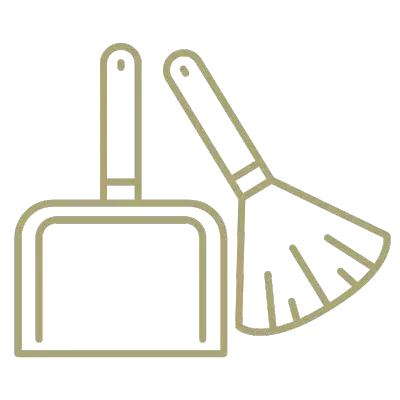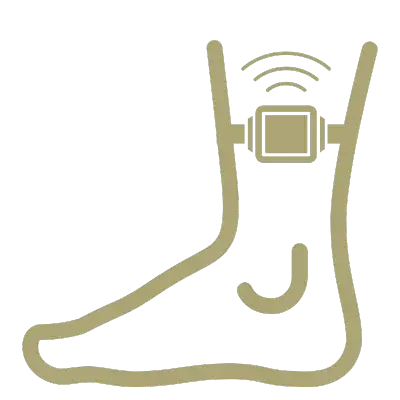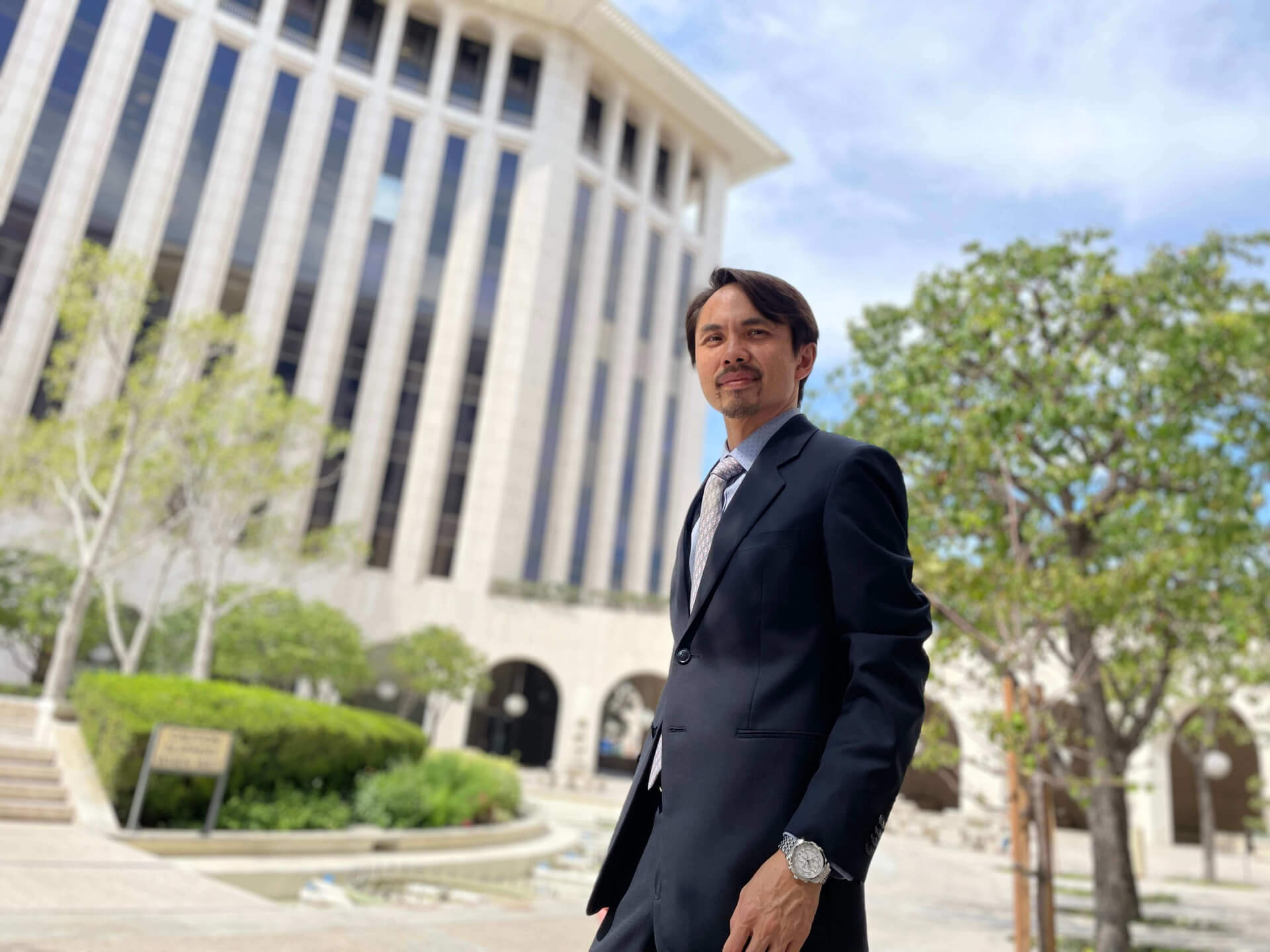Resisting Arrest
RESISTING ARREST IN CALIFORNIA
Arrested for Resisting Arrest?
Penal Code 148 PC makes it a misdemeanor to willfully to resist, delay or obstruct police officer(s) or emergency medical technician(s) (EMT) who are performing their official duties. Commonly referred to as Resisting Arrest, this offense is often tacked on to a DUI as a separate charge, and can be punishable by up to one year in county jail and up to $1000.00 in fines (before penalty assessments).
While the most common example of Resisting Arrest is physically struggling with police officers or EMT staff, taunting them or giving false information regarding your ID can also be a basis for this charge (another good reason to always exercise your right to remain silent!).
As the name suggests, a prerequisite to substantiate this charge is a lawful arrest. In other words, if you have been falsely accused and/or unlawfully arrested (including premature arrest), or you did not act willfully—or at all—these are all valid defenses.
A common prosecution tactic is to use Resisting Arrest to pressure you into pleading guilty to the DUI charge, offering to dismiss the former in return.

PENALTIES FOR COURT CONVICTION OF RESISTING ARREST ( PENAL CODE 148(a)(1) )
Resisting Arrest Penalties
1. Misdemeanor Charge
Resisting arrest in California is typically considered a misdemeanor offense. If convicted, the defendant could face up to one year in county jail and/or a maximum fine of $1,000.
2. Felony Charge
In some cases, if the defendant used a “deadly weapon” or inflicted “great bodily injury” during the commission of the offense, the charge can be escalated to a felony. The penalties for a felony charge can be much more severe, with a possible sentence of up to three years in prison and/or a maximum fine of $10,000.
3. Informal Probation
If a defendant is convicted of resisting arrest, he/she may be sentenced to informal probation. The defendant does not need to check in with a probation officer, but must abide by the conditions probation, such as attending counseling, completing community service..etc Failure to comply with these conditions can result in additional penalties due to probation violation.
4. Additional Charges
In addition to the charge of resisting arrest, a defendant may also face other related charges depending on the circumstances of the incident. These can include obstruction of justice, assaulting a law enforcement officer, interfering with an arrest, tampering with evidence, battery on a police officer, and providing false identification to an officer.
5. Plea Bargain
In many cases, a plea bargain may be used to resolve a resisting arrest case. The defendant may agree to plead guilty to a lesser offense, such as interfering with law enforcement or disorderly conduct, in exchange for a reduced sentence or even having the resisting arrest charge dropped.
Please note that the exact penalties can vary depending on the specific circumstances of each case, including the severity of the offense and the defendant’s prior criminal history.
Type of Penalties
In California, if you are convicted of a Resisting Arrest, you may face the following penalties:

Fines
A DUI conviction often involves hefty fines, made up of a base fine plus a 4-5x penalty multiplier.
Jail Time
A DUI is at least a misdemeanor punishable by jail time, which increases with the amount of priors and/or injury caused.

License Suspension
Just being arrested for a DUI will trigger automatic consequences on your ability to drive. Actions taken by the court and DMV can be overlapping and difficult to navigate.

Alcohol Program
A conviction for DUI will require attendance in a minimum 3-month alcohol program. You may also need to attend such a program to maintain your ability to drive.

Ignition Interlock Device
The IID device will randomly require a alcohol-less breath sample for the car to start and continue runing. It is often required after a DUI conviction and/or an adverse ruling at the DMV Hearing.

Community Service
This can be ordered/bargained as part of the sentence, or as an alternative to paying fines. Generally it consists of lighter work than Community Labor, but more hours.

Community Labor
Also known as Work Release, this is often required for a DUI with accident, and can sometimes be an alternative to jail (8 hrs. = 1 day jail). An example is picking up trash on the freeway. It consists of harder work than community service, but fewer hours.

Ankle Monitor
An ankle bracelet is often negotiated as a subsitute to jail where the defendant has medical issues or might lose employment due to a long sentence. The wearer is allowed to go to work, but must return home by a certain hour. The device can also detect alcohol.

Probation
If convicted of a first DUI, the mandatory period of probation is 3 years. Repeat offenders may face up to 5 years of probation. This probation is informal (ie. no probation officer) unless the DUI is a felony.
RESISTING ARREST DEFENSE STRATEGIES
Don’t Assume you have to Plead Guilty

Elements of the Offense of Resisting Arrest:
- The “victim” was a peace officer or EMT lawfully performing or attempting to perform his or her lawful duties.
- The defendant intentionally resisted, obstructed, or delayed the performance of these duties.
- When the defendant acted, he or she knew that the officer/EMT was performing a lawful duty.
The offense of Resisting Arrest is not limited to the act of performing an arrest, and can apply to any lawful duty. Examples include preventing a law enforcement officer from interviewing witnesses or moving freely around a crime scene, or keeping an EMT from accessing a victim.
It’s important to note that a peace officer is not lawfully performing his or her duties if that officer is using unreasonable or excessive force. In such cases, attempts to prevent an officer from using inappropriate force would not be considered Resisting Arrest.
Examples of resisting arrest:
- Struggling or fighting with police officers as they try to apply handcuffs, taunting EMTs as they try to provide medical assistance to a victim
- Giving false information (such as a false name) to the authorities during questioning.
- Refusing to comply with an officer’s commands
- Interfering with an officer’s investigation
Defenses to Resisting Arrest can include showing that the defendant did not act willfully, was falsely accused, or that the police lacked probable cause. It is not illegal to resist an officer who is using excessive force or violence and is acting in an unlawful manner. In these situations, there would be a valid Self-Defense claim to any subsequent charge of Resisting Arrest.
RESISTING ARREST DEFENSES
Effective Defenses against Resisting Arrest Charges
1. No Probable Cause
The defense can argue that the police did not have a valid reason to believe that the accused was involved in criminal activity. If the police officer lacked that reasonable belief, then the arrest would be considered unlawful and the resisting arrest charge could be dismissed.
2. Lack of Intent
The defendant must have acted willfully to be convicted of this offense. If the defendant can prove that they did not have the intent to commit the crime, they cannot be convicted.
3. Illegal Arrest or Stop
We can contest the legality (probable cause) of your DUI stop or arrest, which could lead to evidence of resisting arrest being suppressed.
4. Self-Defense
If the defendant was acting in self-defense or defense of another person, they can use that as a legal defense against a Penal Code 148(a)(1) charge. The defendant must show that they had a reasonable fear of imminent danger and that their actions were proportionate to the threat.
5. Necessity
The defendant’s actions were necessary to prevent greater harm. To use this defense, the defendant must prove that they had no other reasonable choice but to delay, resist, or obstruct the public officer or emergency personnel.
6. Mistaken Identity
If the defendant was not the person who delayed, resisted, or obstructed the public officer or emergency personnel, they cannot be convicted. The defendant can use alibis or CCTV footage to prove that they were misidentified as the perpetrator.
7. Insufficient Evidence
Insufficient evidence means that the prosecution does not have enough evidence to prove that the accused committed the crime beyond a reasonable doubt. To prove this defense, the accused must present evidence that refutes the prosecution’s evidence or shows that the prosecution’s evidence is not enough to prove guilt beyond a reasonable doubt.
8. No Miranda Warning
Miranda must be given if there is post-arrest interrogation. We pinpoint the time of the actual arrest/cuffing and try to exclude statements made thereafter absent Miranda.
9. Entrapment
The accused was induced by law enforcement to commit a crime that they would not have committed otherwise. To prove entrapment, the accused must present evidence that shows that the police induced them to commit the crime and that they would not have done so without the police’s actions.
11. Duress
The accused was forced to commit the crime against their will as a result of threats or coercion. To prove duress, the accused must present evidence that they were threatened or coerced into committing the crime and that they had no other choice but to comply.
12. Excessive Force
If the public officer or emergency personnel used excessive force against the defendant that was not warranted by the situation, the defendant may be able to use this as a defense.
Call us for a 1 HR free consultation
Available 24/7
FAQ
Freaqent Asked Questions
I just picked up a DUI and I blew over the legal limit. I’m guilty, so what’s the point of hiring a lawyer?
First of all, being over the legal limit is just the starting point, and all DUI cases that are won involve people who are at or above the legal limit (or they refused). If you were under the legal limit, you wouldn’t even have been cited. Second, just because you feel you are guilty, it doesn’t mean you need to have the full brunt of the consequences crash down on you. With proper representation, things like jail time, license suspension, fines, probation, alcohol school…etc. can be reduced or eliminated, guilty or not.
If I hire a lawyer, is it possible that I will never need to appear in court?
Yes. If you are facing a misdemeanor DUI and nothing else, a lawyer can appear on your behalf without you throughout the entire proceeding. At the DMV, if your testimony is required, you can testify telephonically. If there are any forms you need to sign for court, your lawyer can mail these to you and have you sign in front of a notary. All paperwork that you need can be mailed to you by your lawyer.
I received a letter or voice message from law enforcement asking me to contact them regarding an incident. What should I do?
You should absolutely NOT contact law enforcement yourself. Most of the time this kind of letter is sent when there is not enough evidence yet to charge you, and they are hoping you will help them out by incriminating yourself. Always contact a lawyer first, and if necessary, speak only through counsel.
I was arrested for DUI. Do I need SR-22?
SR-22 is just another term for “Proof of Insurance.” Your insurance company needs to file it for you for 3 years only upon conviction of a DUI.
CALIFORNIA RESISTING ARREST ATTORNEY JEFF YEH
Call THE DUI SPECIALIST
If you’ve been charged with DUI, it’s crucial that you reach out to a DUI specialist right away. As a dedicated DUI lawyer, I have personally handled thousands of drunk driving cases, leveraging my expertise to defend my clients effectively. I know the prosecutors and Judges and how they conduct their business in the various courts throughout California. Schedule your free consultation today by filling out the contact form below or by calling me directly at (213) 446 – 2495.
%












